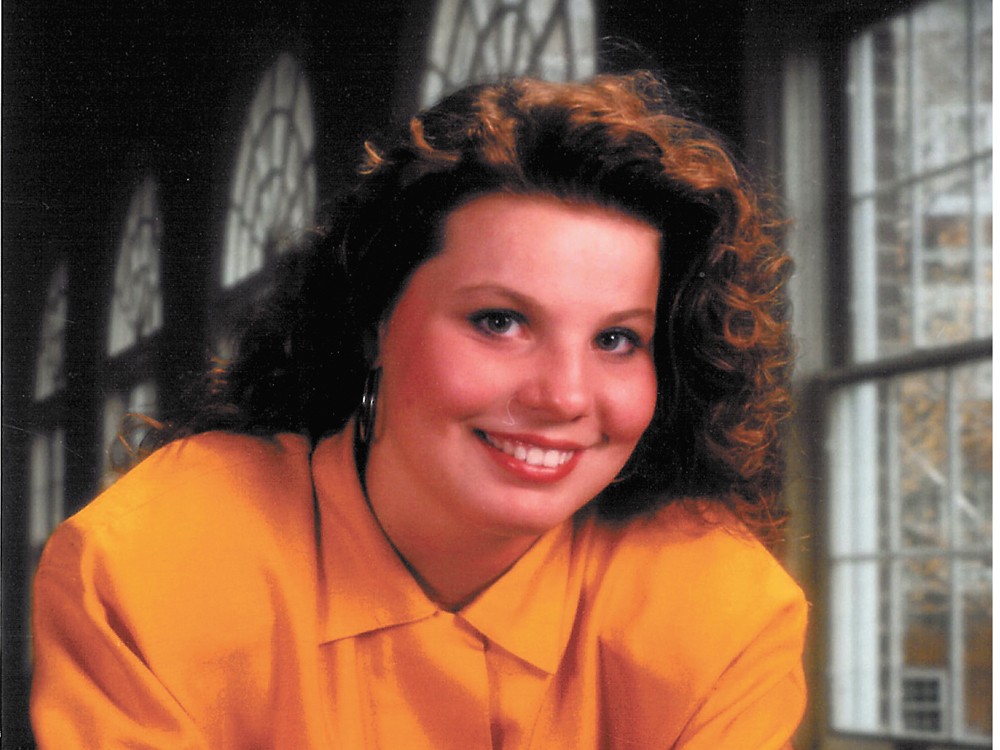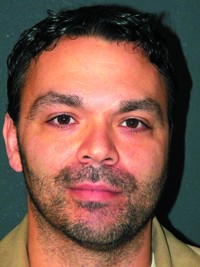She was killed by a 17-year-old wannabe gangster named Kevin Boot who has lived behind bars since he was convicted of aggravated murder in 1995.
But a ruling by the U.S. Supreme Court last week may give Boot — and others who received mandatory life sentences for heinous crimes committed as minors — a second chance at freedom.
“The regime that sentences someone who commits that crime when they’re that young should take their age into account,” says Jeffry Finer, a Spokane attorney who plans to take up Boot’s case.
In a 5-4 decision, the Supreme Court ruled that laws that require life sentences for certain crimes regardless of a defendant’s age violate the Eighth Amendment’s guarantee against “cruel and unusual punishment.”
While the decision’s implications are still being sorted out, defense attorneys and prosecutors agree that the court’s decisions opens the door to appeals by juvenile offenders that could potentially put them back on the street.
“This was a gratuitous, brutal death,” Finer says. “But it was caused by kids.”
What Boot did is not in dispute.
At the tail end of a three-day crime spree that included an attack on a pizza delivery driver and an attempt to rob motorists, Boot and his cousin Jerry Boot were prowling cars in the parking lot of the downtown Sheraton Hotel when they came across Reese, according to court documents.
They abducted her at gunpoint and stole her car, then drove to Minnehaha Park. As she sat in the back seat, Kevin Boot turned around shot her three times in the face. Reese’s body was found by the river the next day.
Her death upended a life that was about to begin. Known for her work with her church, she was six months from getting married, and had just paid off the balance on her wedding dress.
“She did have her white dress. She was actually buried with her wedding dress as well,” recalls Kenneth Whitehall, her fiancé.
The cousins were caught shortly thereafter. In the trial, they blamed each other for Reese’s death.
“They were these gang wannabes, and they thought it would be neat to do a carjacking and show how cool they were, basically,” says Jim Sweetser, a former county prosecutor who personally prosecuted Kevin Boot. “It was a total, total, shouldn’t-have-happened situation.”
A jury found Kevin Boot guilty of Reese’s murder. Jerry Boot, 16 at the time of the crime, took a plea deal and was sentenced to 35 years in prison.
Prosecutors didn’t pursue the death penalty against Kevin Boot, so he could only be sentenced to life in prison.
“As you can see, the court’s hands were tied at the time,” says Jack Driscoll, chief criminal deputy prosecutor for the county, who was litigated the case with Sweetser. “There was only one sentence that was really allowed.”
The High Court’s decision last week is the latest in a line of rulings restricting juvenile sentences, says Jeffrey L. Fisher, an associate professor of law at Stanford University. Previous rulings, he says, have banned the death penalty for juveniles and life imprisonment for crimes that aren’t murder.
“We know that kids are more prone to risk-taking in adolescence,” says Jacqueline van Wormer, an assistant professor in criminal justice at Washington State University.
Much of that stems from brain development, she says. Children operate more out of the amygdala, which controls pleasure-seeking, rather than the pre-frontal cortex, which regulates decision-making.
“I don’t think he was probably contemplating the punishment,” Sweetser says of Boot. That doesn’t mean he didn’t try to deflect blame. “He changed his story four times about what happened. He was smart enough to try to blame it on Jerry as a primary person involved.”
The court’s ruling says there are over 2,000 people serving mandatory life-in-prison sentences for crimes they committed before age 18. Bobbe Bridge, a retired Washington Supreme Court justice, estimates that there are 26 offenders who fit that profile in Washington.
“You’ve got to think about it in terms of individuals’ characteristics and what you know about the brain development,” Bridge says. “It restores us to the promise of juvenile court, which is rehabilitation and the promise that kids deserve a second chance.”
Whether Boot and other juvenile offenders will get another day in court remains to be seen. Aspects of the Supreme Court’s decision are unclear and will likely need to be ruled on further.
If attorneys use the Supreme Court’s decision to get criminals like Boot re-sentenced, “the [state] courts must impose a sentence, but what the sentencing options will be, given that there are none included in the [law], is probably going to be a mess,” writes Dan Sytman, a spokesman for the state Attorney General’s Office.
With the death penalty and mandatory life without parole both off the table, Driscoll estimates that the Legislature will have to step in to tweak the statute to be in compliance with the ruling.
Finer, meanwhile, says he plans to wait to see how lower courts interpret the decision before filing on behalf of Boot.
Whitehall, Reese’s former fiancé, has since moved to the East Coast. He says he forgave Boot.
“I would hope that, regardless of the remaining years he serves,” Whitehall says, “that he would come out as an individual that is remorseful of what he did and could come out being a productive member of society.”


















